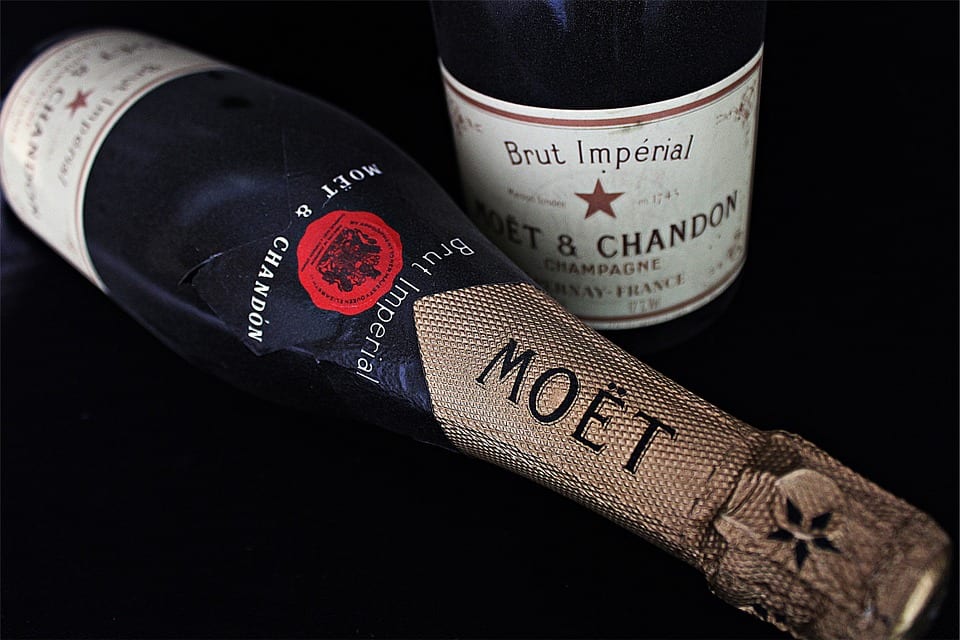Trending Now
We humans have always loved getting our buzz on. Between beer, wine, and various other indigenous alcohols, we’ve been guzzling down hooch for thousands of years. There are even some scientists who believe that organized agriculture first developed not for the production of bread, but booze!
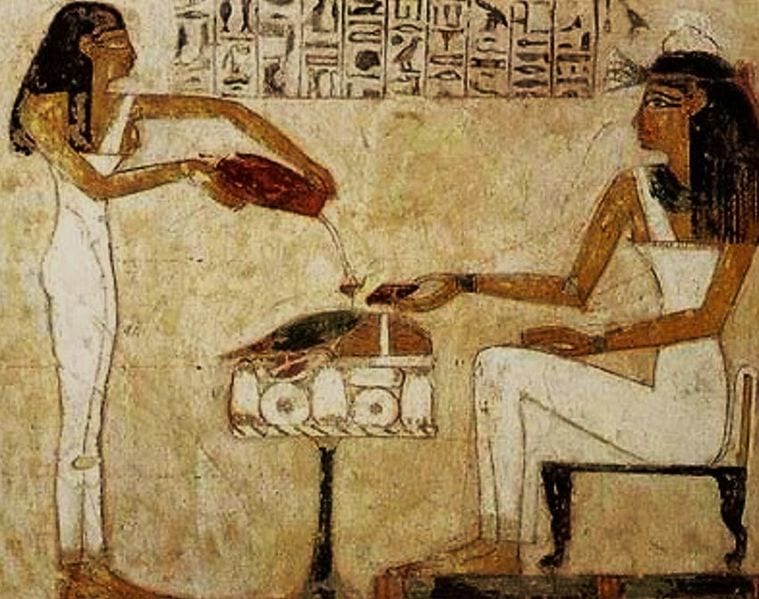
Photo Credit: Wikimedia Commons
Wine is so popular that several cultures have gods dedicated to it, and the global wine market is a booming trade to this day. At one end of the spectrum is the two-buck chuck you find in your local grocery store.

Photo Credit: Wikimedia Commons
At the other end is the stuff that costs thousands of dollars a pop. As a matter of fact, some dedicated collectors have even paid hundreds of thousands for the truly rare bottles of wine sold at highly competitive auctions.
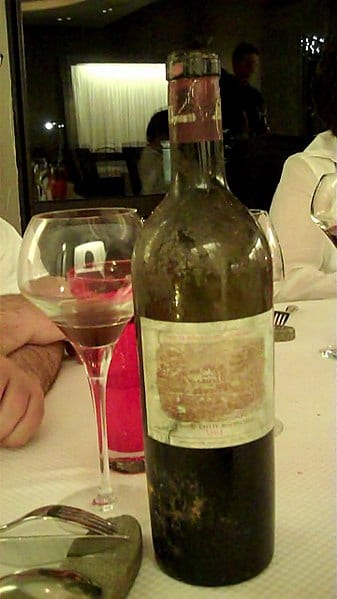
Photo Credit: Wikimedia Commons
Price vs. Quality
But is expensive wine really better? Does the wine that costs $90 taste 10x better than the one that costs $9? Not always. You see, taste is a very subjective thing, and there have been many times where even expert tasters couldn’t come to an agreement about the taste (and rating) of the same bottle of wine.
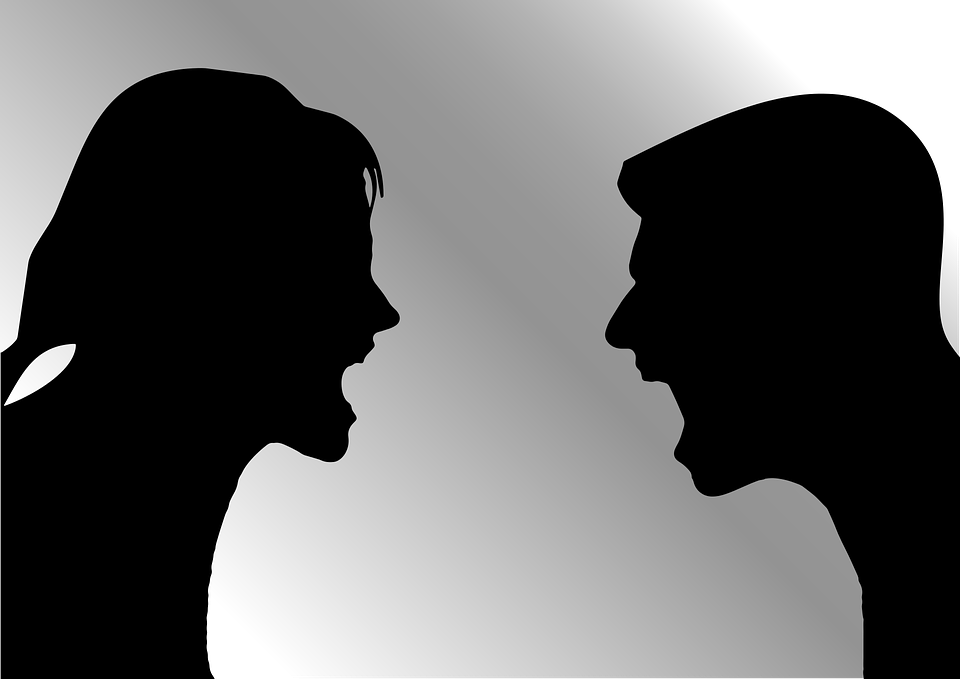
Photo Credit: Pixabay
Experts are also easily fooled: in a study done at the University of Bordeaux (i.e., people who really take wine seriously), expert wine tasters were given two glasses of wine – one white, one red. They described the aroma of the red wine with terms like “woody” and “peppery,” and the white with terms like “floral” and “citrusy.” The only problem? It was the same white wine in both glasses, with one of them dyed red.
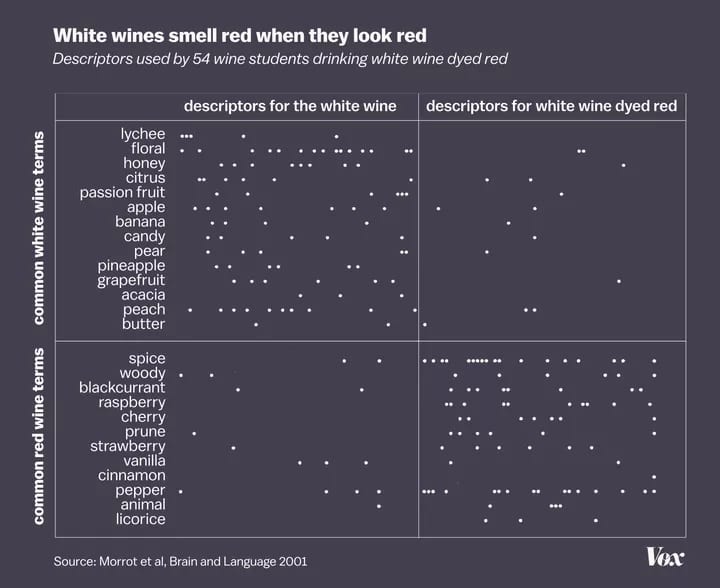
Photo Credit: Vox
Other studies have shown that price and labeling play a huge role in the perception of wine as well. For instance, one study found that subjects drinking wine poured from a more expensive bottle had increased activity in the center of the brain associated with pleasure.

Photo Credit: Pixabay
Yet another famous study at the University of Bordeaux found that oenology/enology students (literally the study of wine) were critical about a cheap wine in a cheap bottle, but waxed poetic about that same wine when it was poured from an expensive one. In general, people often can’t tell the difference between wines of various price points when no information about the price/vintage is given to them.
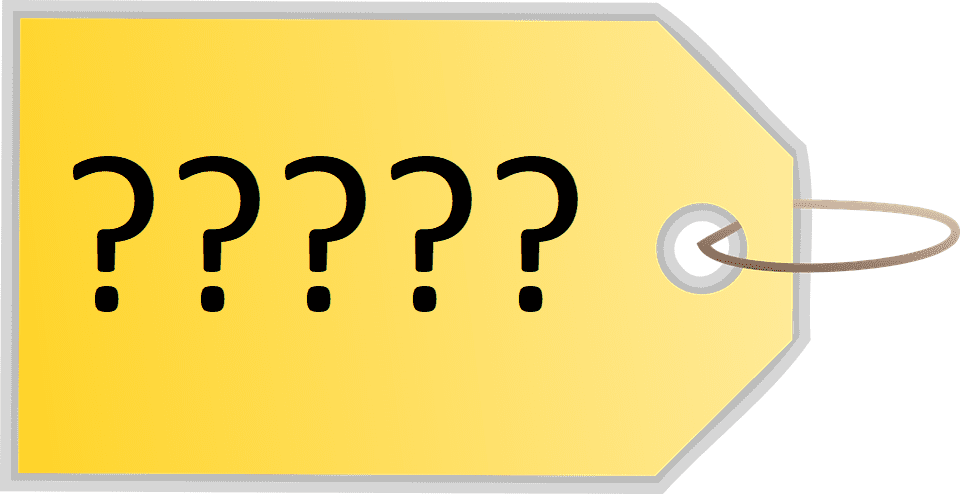
Photo Credit: Pixabay
Understanding Price and Ratings
At this point, you might be tempted to think that the whole wine market is just a giant scam, and there’s no reason for expensive wine to be so pricey. While there is definitely potential for falsehoods in the wine world (including the notorious wine fraud case documented in Sour Grapes), there’s also some justification as to why a premium wine can cost so much more. Methods of production (handmade vs. mass-produced), quality of grapes used, type of barrels used for aging, etc. are just a few of the ways in which the cost of a bottle can go up.
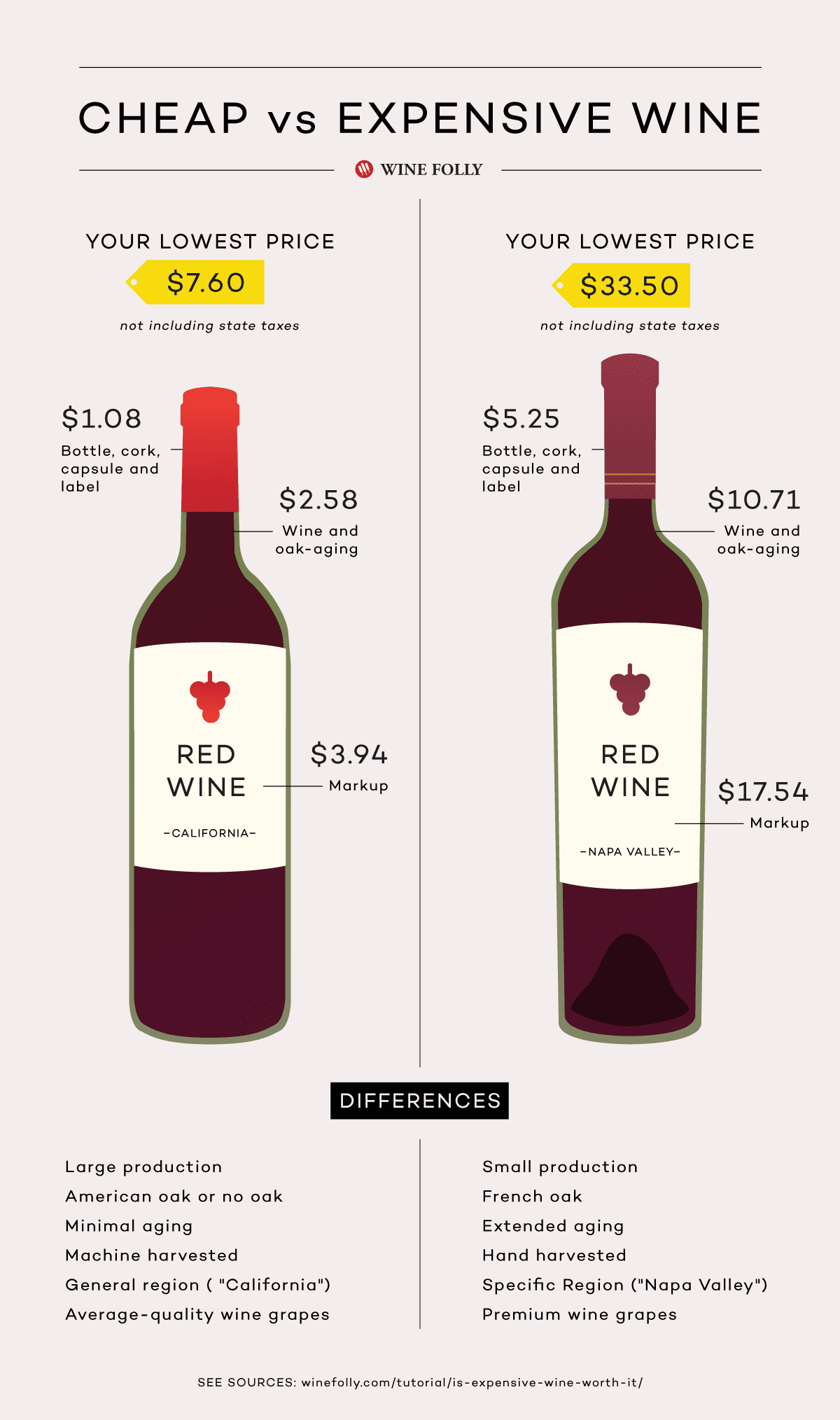
Photo Credit: Wine Folly
Additionally, it’s been found that the average consumer tends to actually dislike more expensive wines. Expensive vintages often don’t use as much extra sugar (if any) for flavoring as the more consumer-friendly wines do, and they don’t engineer out the tannins and other strong flavors that aren’t appealing to the masses.
Fancy wines are all about the expression of the character of the grape itself and the soil it grew up in, with as few additives as possible. Wine connoisseurs don’t mind acidity and tannins in their wine, and many even prefer it – much the same way as some premium Scotch whiskey drinkers seek out and relish the taste of extra-smokey whiskeys that most casual drinkers wouldn’t enjoy.

Photo Credit: Wikimedia Commons
Another thing to note is that wine tastings – which often determine ratings and, as a result, pricing – are usually conducted by experts who only drink a sip or two of any given wine. As such, what might be really tasty and interesting in the first few sips may well become really boring after a full glass (or two). That’s why experts can sometimes be fooled by cheap wines that come on strong for a few sips, and another reason why consumers often find themselves in disagreement with the experts.
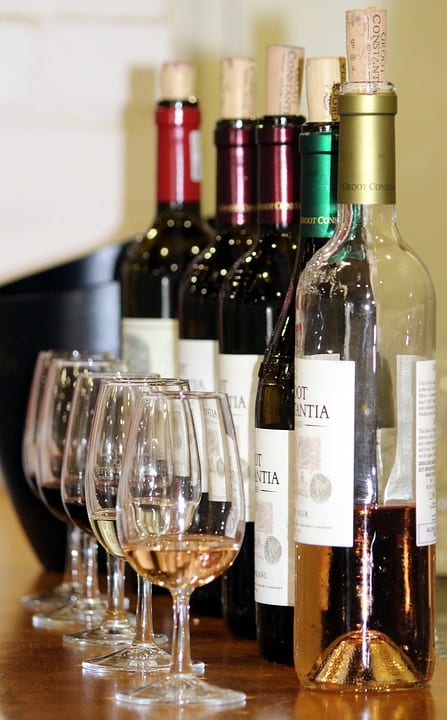
Photo Credit: Pixabay
I’ll Drink To That
So, is it better to go expensive or cheap? While the logic behind the prices on some of the higher-end bottles of wine certainly isn’t bulls**t, it’s also far from the only factor that should determine what you get. At the end of the day, the best wine to drink is whichever one you like drinking! When it comes to the enjoyment of wine, I’ve found that what really makes it memorable – way beyond any price tag – is the food you pair it with and the loved ones you share it with.
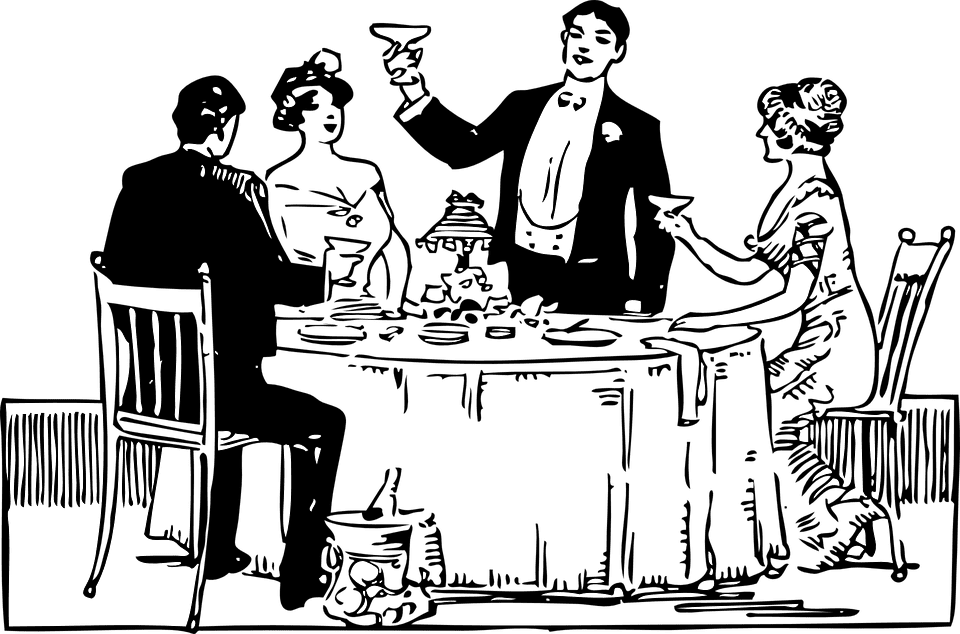
Photo Credit: Pixabay
L’chaim!

